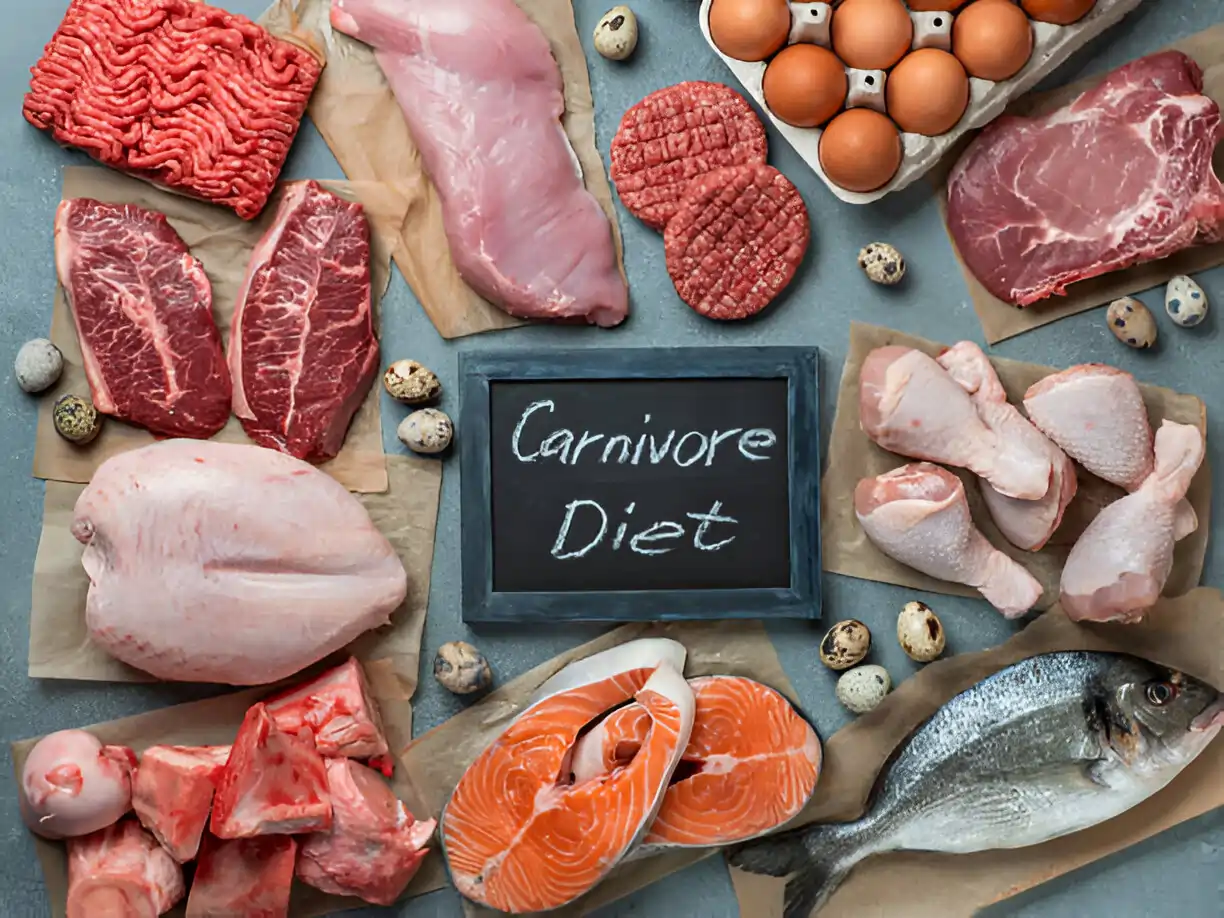
Are you curious about a simple way to eat that’s high in protein and low in carbs? The carnivore diet might be just what you’re looking for. Instead of mixing various food groups, this diet focuses only on animal-based foods. It’s known for potential benefits like weight loss, better mental focus, and improved health. However, like any diet, understanding how it works and what to expect is key before giving it a try.
This guide explains the basics of the carnivore diet, how to get started, and what to keep in mind to make it work for you.
What Is the Carnivore Diet?
The carnivore diet is straightforward—it involves eating only foods that come from animals. This includes meat, fish, eggs, and sometimes dairy. Foods like fruits, vegetables, grains, and legumes are completely avoided. Supporters of this diet say it helps with weight loss, digestion, and reducing inflammation by removing plant-based foods that can sometimes irritate the body.
What Foods Are Included?
Here are the main foods you’ll eat on a carnivore diet:
- Meat: Beef, chicken, pork, lamb, and more.
- Fish: Salmon, mackerel, and other fatty fish.
- Eggs: All kinds of eggs, especially whole eggs.
- Dairy (optional): Cheese, butter, and heavy cream.
- Bone Broth: For extra nutrients and hydration.
This diet simplifies meal choices, focusing on clean, protein-rich, and fat-heavy options.
How It Works
The carnivore diet is based on the idea that our ancestors thrived on animal-based foods. Supporters believe cutting out plant foods can reduce toxins and anti-nutrients, leading to better digestion and fewer health issues.
Your body adapts to this low-carb, high-fat diet by entering ketosis, where it burns fat instead of carbs for energy. This can help with weight loss and provide steady energy throughout the day.
Benefits of the Carnivore Diet
Here are some potential perks of trying this diet:
- Weight Loss: Eliminating carbs can help your body burn stored fat.
- Better Focus: Stable energy levels may lead to clearer thinking and better concentration.
- Reduced Inflammation: Many report improvements in conditions like joint pain and digestive troubles.
- Simplicity: No calorie counting or complicated rules—just stick to animal products.
Things to Watch Out For
While the carnivore diet has its advantages, it’s important to know the possible downsides:
- Missing Nutrients: Skipping fruits and veggies may lead to a lack of important vitamins, minerals, and fiber.
- Digestive Changes: Some people experience constipation at first, so staying hydrated and including bone broth may help.
- Heart Health Concerns: Eating too much saturated fat could be an issue for some, though research is still mixed on this.
- Social Challenges: It can be tricky to eat out or join social gatherings with such a limited diet.
How to Start the Carnivore Diet
Here’s a simple meal plan to get you started:
- Breakfast: Eggs with bacon or sausage.
- Lunch: Grilled chicken thighs or canned sardines.
- Dinner: Ribeye steak, pork belly, or salmon.
- Snacks: Hard-boiled eggs, cheese, or jerky.
Choose fatty cuts of meat to keep your energy up and mix up your choices for balanced nutrition.
Tailoring the Diet to Your Goals
- For Weight Loss: Pick leaner meats like chicken breast or fish.
- For Muscle Gain: Focus on protein-rich foods like steak and eggs.
- For Digestion Issues: Avoid dairy at first to see if it helps.
Supplements to Consider
Since the carnivore diet lacks certain nutrients, supplements might be helpful:
- Electrolytes: Sodium, potassium, and magnesium for balance.
- Vitamin D: If you’re not getting much sun.
- Omega-3s: Especially if you’re not eating a lot of fish.
Is the Carnivore Diet Right for You?
Before starting, ask yourself these questions:
- Are you okay with avoiding plant-based foods?
- Do you have any medical conditions that might be affected by this diet?
- Are you willing to prepare meals and plan ahead?
If yes, and you’re ready to try it, talk to a healthcare professional to make sure it’s safe for you.
Final Thoughts
The carnivore diet is a simple, high-protein approach that focuses on animal foods. While it might help with weight loss, energy, and inflammation, it’s important to stay aware of its limitations and possible risks. With the right preparation and guidance, it could be a helpful tool to improve your health.